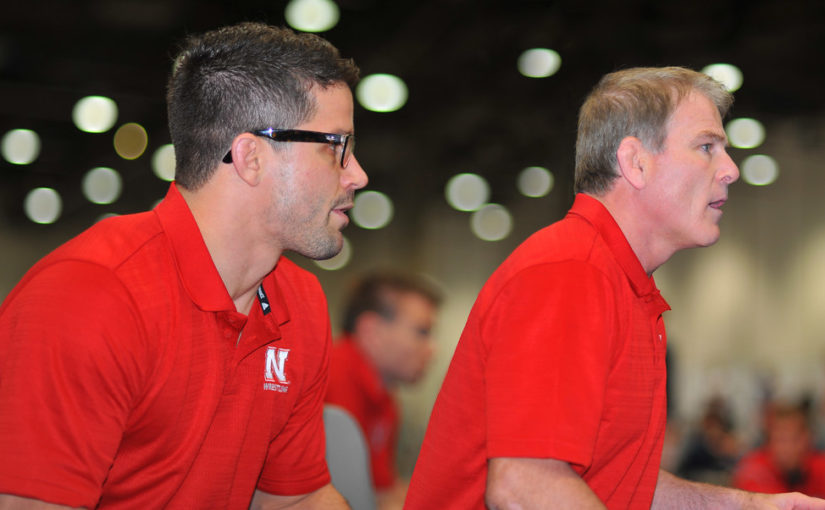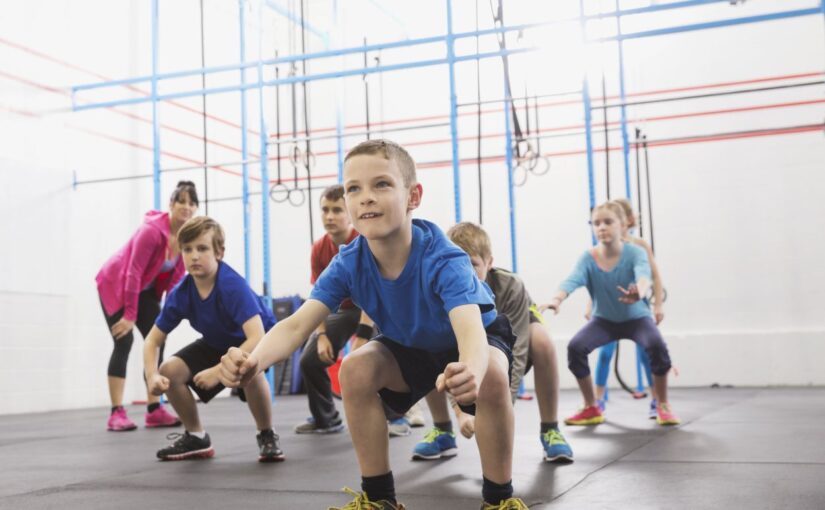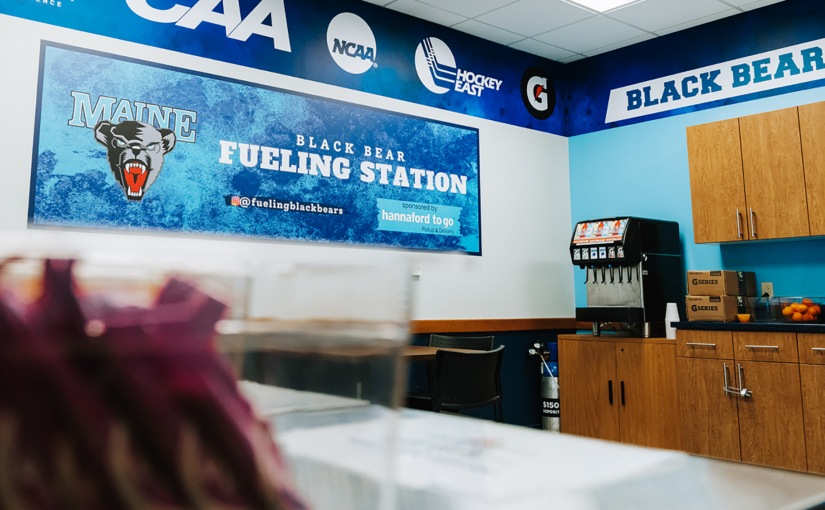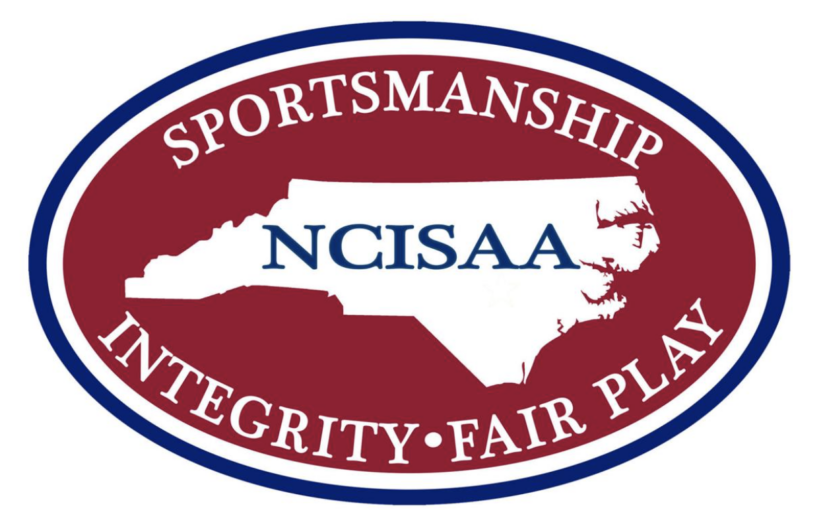What Is a Coach To Do During COVID-19?
COVID-19 continues to impact colleges and universities everywhere. Some institutions have opened their campuses, many have not. Teaching and learning are being done partially or all virtual. Currently, the majority of all Fall intercollegiate sport competitions have been postponed until Spring. Many institutions are not providing student-athletes with countable related activities (CARA). And many believe that it is only a matter of time that there will be another working-from-home mandate due to the numerous positive COVID cases on campuses.

For those coaches that are currently working without Fall traditional sport activity and in anticipation of many other coaches having to work without traditional sport activity, coaches must refocus their energy and concentrate on virtual efforts and strategies to ensure their program goals are met and the success of their program is enhanced.
For those coaches that may need to work virtually, please consider directing your attention to the following areas:- Modifying Strategic Priorities
- Preparing Administratively
- Leading and Role Modeling
- Engaging and Supporting the Student-Athlete
- Developing and Enhancing Team Culture
- Recruiting Prospective Student-Athletes
- Engaging with Alumni and Donors
Please note this is not a comprehensive list. There may be other areas of emphasis that need to be addressed virtually, based on the institution’s philosophy and mission as well as the list of duties found in the coach’s job description.
- MODIFY STRATEGIC PRIORITIES
One of the first actions a coach should take is to update or create a new Strategic Plan for their program that can be used effectively in the virtual environment. In order to do this correctly, the coach must analyze the current state of the program. One of the best assessment tools that can be utilized is the S.W.O.T Analysis, which will evaluate the programs Strengths, Weaknesses, Opportunities, and Threats. After the coach processes the information gained, they will have a clear understanding and knowledge of what strategies will work best to enhance the program’s success while working virtually.
- PREPARE ADMINISTRATIVELY
If not done so already, create and set up a Zoom, Microsoft Teams, and/or Flipgrid account to be able to communicate effectively. Although no coach wants to work in isolation from their office or even worse from home, it is important to prepare to do their job remotely. If the coach must work from home, they must retrieve items from their office that are needed to work efficiently from home and have their office phone forwarded if they cannot retrieve messages.
- ADJUST YOUR LEADERSHIP STYLE WHILE BEING A ROLE MODEL
Consider how COVID-19 impacts the student-athletes. Be accessible 24/7. Share how you feel, stay patient, positive, calm, and compassionate. Continue to show the student-athlete you sincerely care about their well-being. This will enhance relationships while having a positive impact on the team’s culture. It is also important to practice and encourage healthy behaviors. Following social distancing guidelines, wearing a mask, and washing hands frequently will assist with keeping coaches and student-athletes healthy and safe, while also protecting others.
- STAY ENGAGED WITH AND SUPPORT THE STUDENT-ATHLETE
It is important to focus on all of the above-mentioned areas; however, this area should be prioritized. Continue to communicate regularly with your team and with each individual student-athlete through the virtual environment. Continue to monitor grades, while providing and communicating to the student-athletes the resources that are available to ensure their well-being and academic success. Continue to offer tutoring and educational programming that educates, reduces stress and anxiety, and improves their overall mental health. Please be reminded that virtual learning may be a struggle for some; these student-athletes will need support more than ever.
- FOCUS ON TEAM CULTURE
Continue to implement or begin new virtual team building activities that are collaborative and enhance and shape values and behaviors that will be shared by the team. Working together toward a common goal during the time apart will begin to create a positive and inclusive team culture. Successful team activities include reading a common book, social media projects/challenges and game night, etc.
- REVISE RECRUITING TACTICS
The coach must first revise their Recruiting Plan to reflect working in the virtual environment. Although coaches will continue to utilize social media, texting, emailing, and phone calls, the coach must implement virtual recruiting activities (if not done so already) to detail all aspects of the university, campus life, and the sport program interested in. With the technology advances today, live and/or recorded virtual campus and facility tours, interactions with professors from the prospects academic interest or general conversations with the Enrollment Services staff, current students, or alumni will have a significant impact, make a great impression, and will personalize the recruiting experience while providing the prospect with the necessary information to make an informed decision and hopefully select their institution. Please be reminded all recruiting activities must comply with NCAA rules and regulations that will most likely continue to be very fluid during this challenging time.
- STAY ENGAGED WITH ALUMNI AND DONORS
The coach must continue to communicate regularly with alumni and donors as a group and with each individual as appropriate through social media, periodic newsletters, texting, emailing and phone calls, etc. The coach must also adjust their Fundraising Plan and implement communication and solicitation activities that can be successfully executed virtually. Successful virtual activities include program updates, alumni spotlight, social media projects/challenges, Zoom happy/social hour and game night/trivia, etc. It is important to take advantage of the Alumni Office online communications and services to ensure relationships continue to be built and enhanced as well as the fundraising goal is met.
Lastly, as working virtually continues for some coaches and will most likely start soon for others, coaches have an opportunity to make a significant impact by refocusing and concentrating on virtual efforts and strategies to ensure their program goals are met and the success of their program is enhanced.
In closing, and on behalf of administrators, student-athletes, alumni, and donors everywhere, we are counting on our coaches to make these necessary virtual adjustments, we appreciate our coaches and value our coach’s efforts! During this is a very difficult time there is nobody better than the coach to face the challenges today and in the future!
Tom Gioglio, Ed.D. is currently entering his sixth year at Lock Haven University and his 23rd year as a Director of Athletics.





